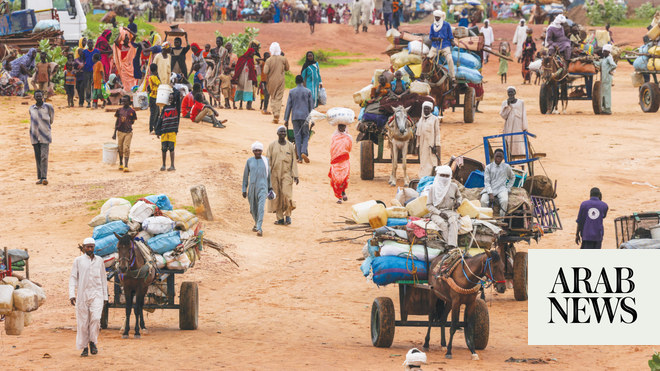
LONDON: Medical facilities supported by Doctors Without Borders (MSF) have received over 1,000 dead and 4,800 wounded in Syria"s rebel-held Eastern Ghouta in just two weeks, the organisation said in a statement.
There group said the figures date back to the start of Ghouta attacks and covers the period from February 18, until March 4 are an “underestimate" the statement said.
Fifteen out of 20 MSF-supported facilities set up in Damascus suburb have been shelled or bombed in the continuing government offensive, according to MSF. "MSF urgently repeats its call for an immediate ceasefire to be implemented and for medical supplies to be allowed into the besieged area to treat the sick and wounded," the organisation said.
Earlier Thursday, the Syrian Observatory for Human Rights said that more than 13 syrians were killed in renewed government airstrikes and bombardment of various town in eastern Ghouta. The London-based human rights group said that more than 900 Syrians had been killed in Eastern Ghouta since the Assad regime renewed its efforts to take control of this suburb of the capital damascus, an area where early protests against the government began more than seven years ago.
A UN resolution calling for a humanitarian truce in the Damascus suburb has failed to take hold, despite repeated calls to Russian President Vladimir Putin to help stop the onslaught.
A top UN aid official appealed to the Syrian government and its Russian backers for a cessation of hostilities in eastern Ghouta on Thursday when a second convoy with desperately needed aid was postponed after government forces split the enclave in two, creating an evolving, unpredictable situation on the ground.
Jan Egeland said it is “impossible” to deliver aid to the rebel-held eastern suburbs of Damascus amid the current fighting, which he described as the worst ever.
“I’m very worried for a repeat of very many of the bad things we saw in the final days of the battle of Aleppo but to some extent this is worse,” he told The Associated Press in an interview from Oslo, Norway.
Recapturing eastern Ghouta, a short drive away from the Syrian capital, would mark the biggest victory yet for President Bashar Assad in the seven year war. It would also be the worst setback for rebels since the opposition was ousted from eastern Aleppo in late 2016 after a similar siege and bombing campaign.
Eastern Ghouta is larger and more populated, with some 400,000 people believed to be living there, trapped under a relentless air and ground bombardment and a crippling years-long siege. More than 900 people have been killed just in the past three weeks.
In rapid advances overnight, troops and allied militiamen seized more than half of the area, including a stretch of farmland, isolating the northern and southern parts of the territory, cutting links between the rebels and further squeezing opposition fighters and civilians trapped inside, state media and a war monitor reported.
Videos released by the opposition’s volunteer rescue group, also known as the White Helmets, captured the inferno in eastern Ghouta, including a shell exploding as an ambulance sped through the street after loading in an apparently wounded person.
The most densely populated areas in eastern Ghouta are still under rebel control, including the towns of Douma, Harasta, Kfar Batna, Saqba and Hammouriyeh. As government troops bombed their way into the town of Beit Sawa on Wednesday, many terrorized civilians fled east to the towns of Arbeen and Hammouriyeh.
“The fact is we have seen possibly the worst fighting ever in eastern Ghouta in these last 24 hours and in that kind of situation you cannot deliver anything,” Egeland said. “It is impossible to cross into the frontline and to go in to help desperate civilians, women and children that we know are on the starvation point.”
Egeland said there are intensive diplomatic efforts for a humanitarian pause that would lead to the evacuation of 1,000 priority cases for medical treatment and expressed hope that another convoy would be able to make its way there Friday. He called on the Syrian government and Russia as the stronger parties, but also on countries that have influence over the armed rebel groups, to secure a period of calm.
Egeland also confirmed there are talks between the parties on the possible evacuation of fighters and civilians which he said aid workers are not party to.





